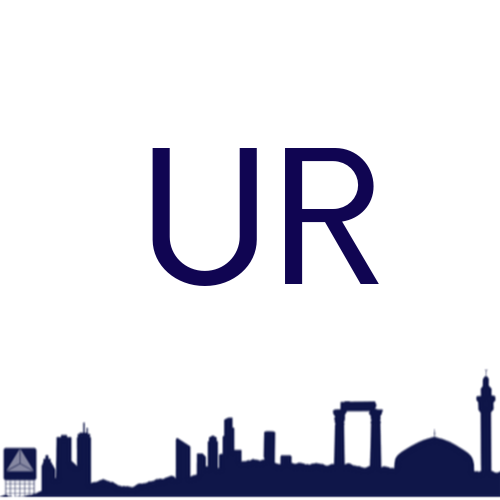Urban Refuge in a Nutshell
The New Relationship between Academia and Policy
By Ellie Hitt
As university students in a policy-based course, too often we deflect our disappointment that our policy recommendations—developed through hours of scouring reports, sifting through data and critical review—go unnoticed. Our abilities are underestimated by assuming that we don’t have the capacity to make a difference. However, I profoundly believe that we have the emotional, intellectual, and technical abilities to progress the human condition.
You don’t have to be the Secretary General of the United Nations or the Secretary of State to have a lasting impact on the refugee system in the United States or abroad. That’s the basic idea behind our app, Urban Refuge. What began as a policy course concerning the Syrian refugee crisis has turned into a 26 person mini-nonprofit concentrated on creating an app that puts aid on the map beginning in Amman, Jordan.
We began our project researching services provided to Syrian refugees, ranging from educational initiatives to urban housing, and we discovered that there was neither a mechanism for coordination between NGOs nor a central database of resources and information that could be easily used. Our app is simple. We are working to ameliorate the urban lived experience by geotagging services provided to refugees with the assistance of local implementing partners through synthesizing readily available information. Our app will give agency to the individual and empower them to locate and access the aid that they need in one easy step.
Beyond the idea of a solitary app, Urban Refuge questions the relationship between academia and policy. Our model moves to an understanding that NGOs and refugees themselves are often likely to be better clients than policy makers. In a climate of government inefficiency and stagnation, we have to reconsider what our impact as students and professors can be. The new attitude of study on college campuses should reflect a shift away from traditional policy recommendations towards tangible, measurable solutions such as apps and small initiatives. Essentially, it’s time to tear down the dated method of policy description.
Made up entirely of women entrepreneurs, we have developed a solution to one aspect of a global problem through technology and critical problem-solving. Our interdisciplinary solution that involves business, international relations, and computer science students and faculty provides a structure that can easily be adapted to cities around the world and to college campuses here at home. Urban Refuge not only mitigates the lived experience of urban refugees in Amman, but likewise provides an area of future research. We intend to track usage to determine whether the app actually influences the services sought by refugees and to identify gaps in coverage both by sector and geographically.
Beyond the scope of our project, we want to challenge the way that academia and policy interact on a fundamental level. Our approach is interdisciplinary, technical, grassroots, collaborative, and fast paced. It involves critical problem solving, knowledge of policy, and awareness of the governmental process.
What is needed is a commitment to progressing the new relationship between academia and policy. Colleges and universities are in desperate need of mechanisms that foster entrepreneurship about global issues. Funding could be put towards policy incubators that encourage integration between departments as well as seed funding for groundbreaking ideas produced in the classroom context.
With institutional support, there is no better time to foster innovation in a student with a true desire to learn, innovate, and make a difference. The time is now to go out and change the world—one app at a time.
